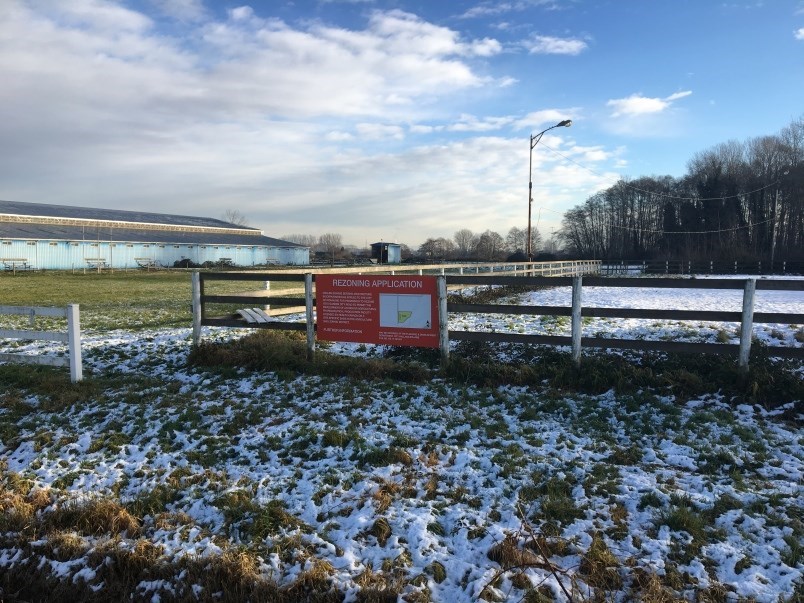A Richmond landowner has been given a slap in the face by a court, after judges ruled the city can revoke its permit for her to build a greenhouse for cannabis production.
Linda English has been battling the city for almost four years, in her bid to build the cannabis farm on the grounds of her Riverside Equestrian Centre on Garden City Road, on Agricultural Land Reserve (ALR) property close to the Fraser River’s south arm.
Last year, English won her case in the B.C. Supreme Court, where she had asked a judge to overturn the decision by the city’s director of Building Approvals, James Cooper, to twice deny her the permit for the cannabis farm in a soil-based structure.
Regulations made under the Agricultural Land Commission Act restrict a local government’s authority to prohibit cannabis production within the ALR.
As such, the judge in question ruled that the city did not have the right to deny the permit and ordered the City of Richmond to issue the permit.
However, after issuing the permit, the city then filed an appeal at the B.C. Court of Appeal, which was heard earlier this year.
And in their decision published this week, Justice Frankel and Madam Justice DeWitt-Van Oosten ruled that the previous judge “did err in ordering the permit to be issued.”
In sending the permit decision back to the city, the judges commented that, “It cannot be said that the (building) inspector had determined the proposed structure is soil-based.
“Neither the judge nor this court has the technical expertise necessary to determine that question.
“Accordingly, the permit application is remitted to Richmond for further consideration.”
The court had heard earlier this year that the city’s building inspector had “interpreted the regulations as having a cut-off date after which a local government can prohibit the growing of cannabis in all structures, including those that are soil-based.”
After reviewing public documents from the Ministry of Agriculture and the Agricultural Land Commission with regard to cannabis farm regulations, last year’s judge ruled that the inspector’s interpretation of the regulations was “unreasonable” and that the cut-off date does not apply to soil-based structures.
That judge further stated that the “unreasonable interpretation” was the only reason for the refusal of the permit and, as a result, ordered Richmond to issue the permit.
Back in December 2019, the Richmond News reported how the one of the city’s denials of the building permit was, according to English’s court petition, due to a municipal zoning bylaw not allowing the “cultivation of cannabis.”
However, English’s lawyer replied to the denial, telling the city its actions “appeared to be unlawful” because the Agricultural Land Commission (ALC) allows the production of medicinal cannabis on the ALR.
The lawyer also pointed out that the same regulations specifically state that local governments cannot prohibit such production without provincial approval.
Before that, a massive email exchange ensued between the parties, amid apparent shifting of the goalposts by the city for a multitude of reasons.



